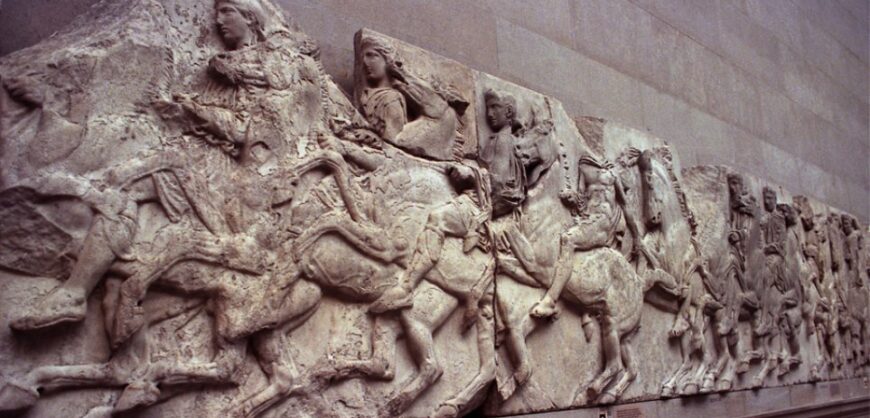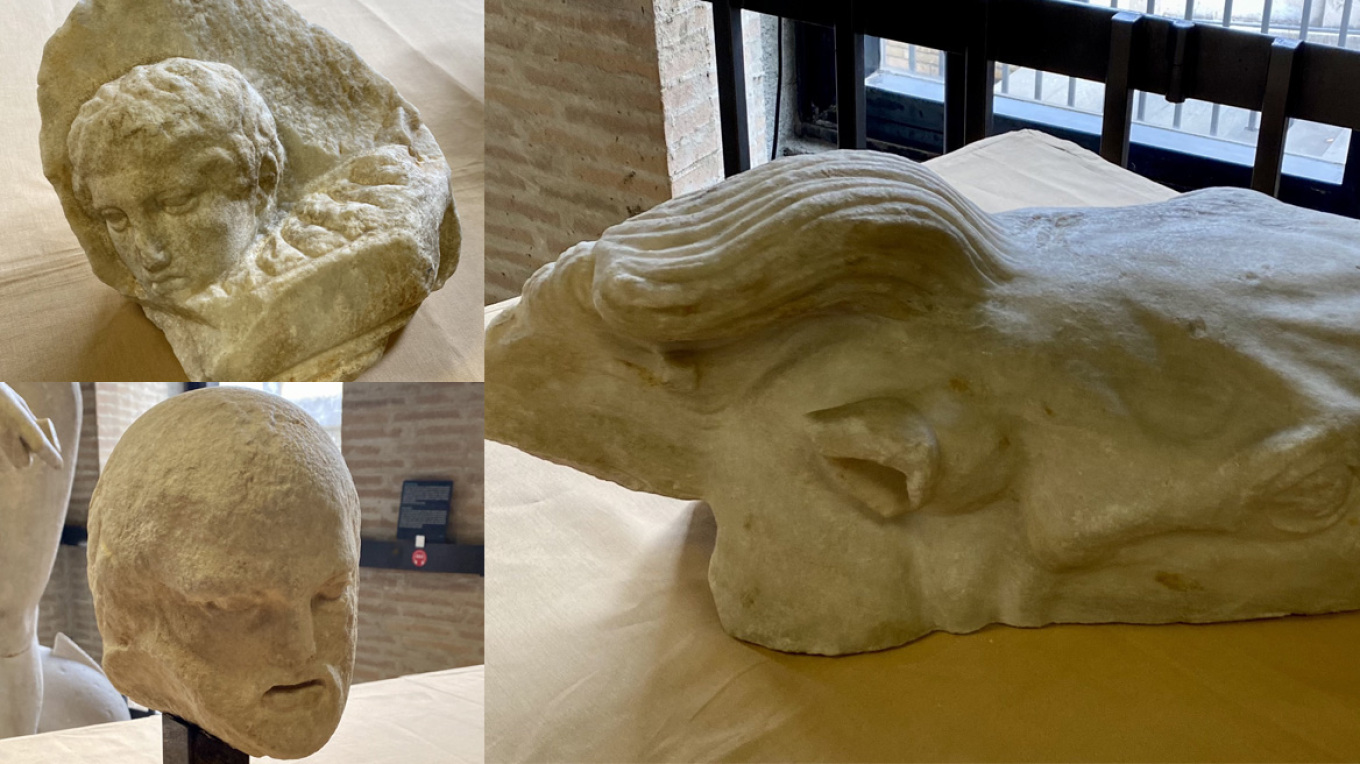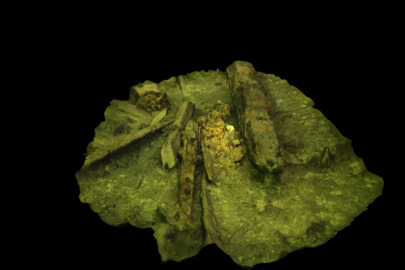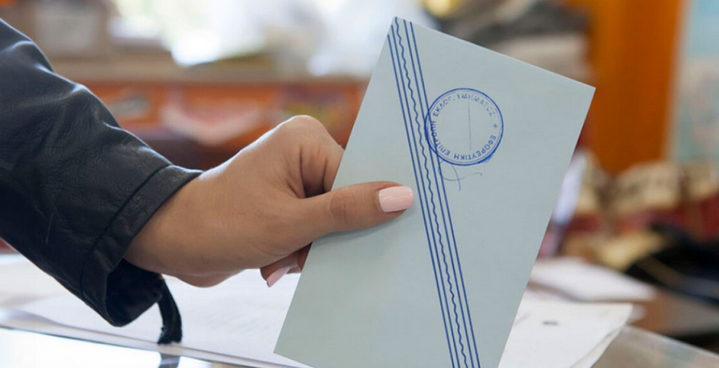In an opinion article on Bloomberg Rachel Anderson says Pope Francis last month returned to Greece the Parthenon marbles held by the Vatican Museums for some 100 years. It’s high time Britain followed the Argentine pontiff’s example. Next year, when Greece marks the 50th anniversary of the return of democratic rule, presents an ideal opportunity.
As the columnist notes, “Restoring the ancient marbles — a relief of a horse, and the heads of a young boy and bearded man — to Greece was motivated by a “sincere desire to follow in the ecumenical path of truth,” according to the Vatican. In other words, Pope Francis added his weight to the view of the Greek Orthodox Church, also widely held by Greek people, that the Parthenon marbles, which date to the 5th century BC, need to be back in Greece.
Greek Prime Minister Kyriakos Mitsotakis immediately said the Pope’s act should followed by Britain, which holds the largest trove of Parthenon marbles. The haul, kept in its own hall in the British Museum, includes large sections of the Parthenon frieze, an extraordinary series of relief sculptures depicting a procession of chariots, animals and people.
Of course, it helped that Francis had the authority to make a unilateral decision, Andrea Rurale, director of the masters in arts management and administration at Milan’s Bocconi University, tells me. That gave him the power to override reported dissent by some within the Vatican Museums.
By comparison, Britain’s ownership of the Parthenon marbles, known as the Elgin Marbles after Lord Elgin who oversaw their removal beginning in 1801, is invested with endless angst and diverging views from innumerable stakeholders.
UK Prime Minister Rishi Sunak has ruled out amending a 1963 British law that largely forbids the British Museum from disposing of its holdings. Thus, lending the marbles as part of a rotation arrangement based on cultural exchange would be the only way over that legal hurdle.
The Parthenon Project, a body chaired by former UK Culture Minister Ed Vaizey working with the British and Acropolis Museums to find a solution, concedes that both sides must “agree to disagree” about ownership. Instead, it proposes a cultural partnership that would see the relics back in Athens, while Greek masterpieces could in return be housed in the British Museum for visiting exhibitions.
more at bloomberg.com
also read
The Guardian: It is dishonourable for the British Museum to keep the Parthenon marbles – Opinion




































